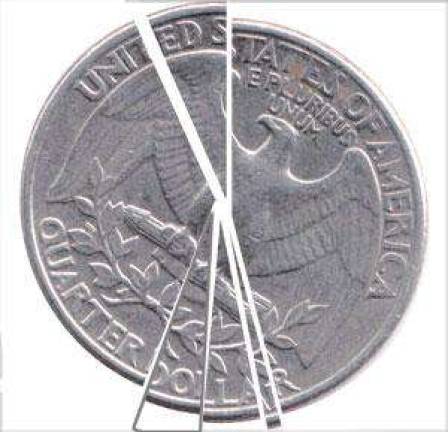Budget question

Save the roof or the pocketbook?, By David Hulse WESTFALL - How much money do they have coming in and what do they want to do with it were basic questions that went without a consensus answer at the Delaware Valley Board of Education earlier this month. On May 18, board members were forced with an upcoming deadline to complete the 2006-07 spending plan. District Business Manager Bill Hessling detailed the proposed $63.1 million plan. As presented on May 11, the new budget would prompt a 6.33-percent tax increase, which would translate to $148 tax bill increase on a Pike County home with the median assessed value of $25,340. Hessling said the proposal was the result of five-months work and paring of a rough draft that called for 10.9-percent tax increase. Delaware Valley did not opt to participate in the state’s school funding reform/slot machine supported Act 72 program. For comparison, Hessling said that had the district opted into Act 72, the new budget would have been limited to an increase of 5.5 percent or face a public referendum. A projected assessed value increase in the district was pegged at 3.97 percent. (Pike properties are assessed at .25 percent of their actual market value.) The district’s assessed value has increased some 0.25 percent since the 1997-98 school year. A $1.6 million increase in combined state aid is projected for next year. The district has budgeted $170,000 for new text books and program materials for the elementary, middle and high schools. Due to growth, a total of 10.5 new teaching postions are budgeted in 2006-07. Hessling’s figures showed the district at $8,273 per student costs, was well below the Pennsylvania state average of $10,013. Much of last week’s discussion involved the debate between the 6.3 and 5.5 percent increases. Members approached the differences between the figures from two directions, spending and revenue. Jack Fisher characterized the 6.3-percent increase as a compromise. He argued that the planned reduction of the district’s capital reserve fund a tax cutting measure would not provide enough funding for two projects, one at each campus. These include repairs to the water system at Dingman-Delaware and needed roof repair and heating/ventilation work at the aging buildings on the Westfall campus. “To not fully fund or bond these puts us in a bad light.” To fully fund both projects without new bonding, the budget would have to increase to a 7.7 percent tax increase. Member John Wroblewski called for bonding. “It’s foolish not to do the work. The question is how to pay. I believe in paying capital costs with bonds, not by billing the taxpayer,” he said. Superintendent Candis Finan reminded the board that the roofing work had been postponed last year, to fund the completion of new classrooms at the Shohola Elementary School. Member Ed Silverstone complained of the late timing in introducing the capital fund shortfall so late in the process. Hessling countered that the roof issue was introduced last fall. “But it never made it into the budget,” Silverstone replied. Staff members warned that the board should decide as soon as possible as contractors have already been booking summer work. Silverstone went on to argue for a cut in the 6.3-percent proposal, aiming at 5.5-percent proposal instead. He said tax reduction could be found in adjusting underestimated revenues. He called for rollover of unused 2005-06 fund balance and a $100,000 increase in estimated revenues from the state’s real estate transfer tax. Also based on the district’s growth, he called for a $100,000 revenue increase, based on the district’s growing tax base. Wroblewski added an additional revenue item, arguing that delinquent tax collection could be increased by an additonal $50,000. Fisher was skeptical. “A 10-percent spending increase based on a five-percent tax increase loses my vote. We’re passing along costs to our kids,” he said. Fund balance is a planned surplus, often a contingency for school districts. Delaware Valley has several times in recent years used that contingency to reduce taxes. But lowering the balance exposes the district to shortfalls if unanticipated costs arise in the new year. “I’m adamently opposed to lowering the fund balance,” member Bell Smith said. “We’re already at the low end of fund balance.” With no other support, fund balance adjustment was abandoned, but the adjustments to transfer tax, assessment, and delinquent tax collections still amounted to $250,000. Fisher said he would buy into the increased revenue projections if the additional funding were committed to the roof repairs, instead of tax reduction. Silverstone and Wroblewski argued that tax reduction should be the beneficiary. Fisher said another shortfall area is funding of the district’s Health Insurance Reserve Trust. He said funding was only one-third of what was needed. Hessling said the reserve pays out between $400,000 and $525,000 per month. Now funded at $1 million, it should be at $2.1 to 2.3 million. Solicitor Michael Weinstein said underfunding the trust would eventually create a breach of contract . There were no measures suggested solve the trust fund issue. Board President Sue Casey noted that there was no apparent consensus for any of the proposed plans. Fisher said Hessling should take the various plans and “come back with 6.3-percent.”